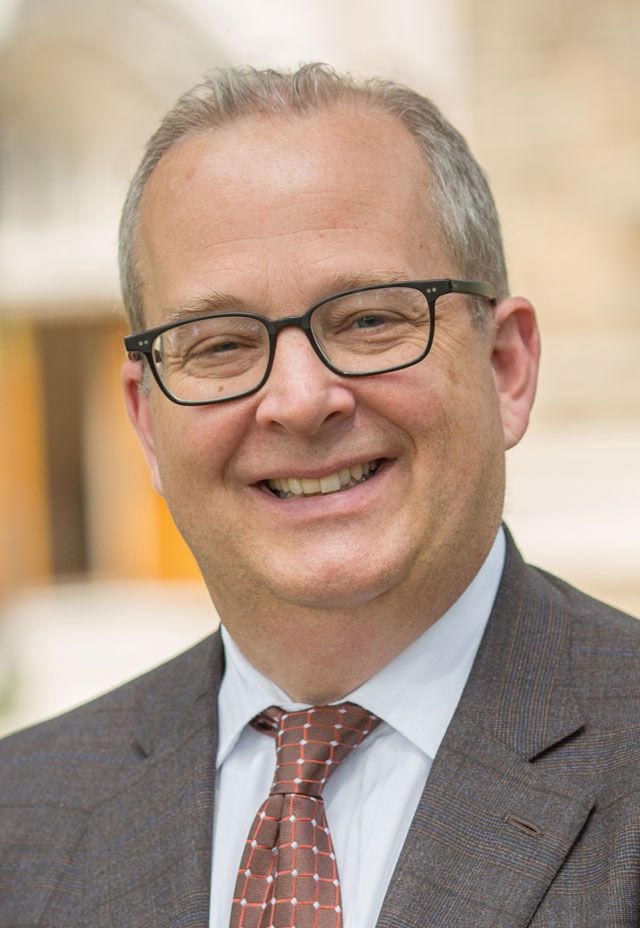Welcome to the 20th issue of Resolve — a magazine dedicated to research and educational innovation in the P.C. Rossin College of Engineering and Applied Science at Lehigh University.
This issue is also my first as Dean of the Rossin College. It is a great honor to have been chosen to serve in this capacity. I extend my deepest gratitude to Lehigh’s visionary leadership, and to Professors John Coulter and Dan Lopresti for continuing the College’s forward momentum as deans during the interim period.
Lehigh is an outstanding university: The excellence, enthusiasm, and potential that I have experienced have exceeded my highest expectations. The Rossin College, in particular, has a long heritage of important contributions to engineering education and research, and stands proudly as one of the most competitive engineering institutions in the country.
The quality and innovation in our curricula and research initiatives are truly inspirational.
Lehigh’s “effortless” unleashing of interdisciplinary thinking manifests itself most obviously in our integrated undergraduate and master’s programs, which demonstrate our leadership in innovative approaches to education. These programs allow us to partner with Lehigh’s other Colleges at key intersection points, and sharpen our alignment with issues important to our external constituencies and highly relevant to our graduates and our research agendas.
Innovation is also evident in so many other contexts around campus, including the Baker Institute’s constellation of entrepreneurship programs, the intellectual freedom embodied in the Mountaintop Initiative, and a rich spectrum of faculty-led research endeavors that dissolve traditional boundaries to solve grand challenges.
One great example of this is our team-based approach to improving and modernizing the interlocking systems that capture, transport, and distribute electricity. For this issue of Resolve, our cover article delves into this work in great detail. Electrical engineers, economists, computer scientists, and mathematicians coalesce around a single goal: manage and optimize the electricity, information, and finances that constitute the complex network of global electrical energy grids.
Another is our feature on the research team studying vWF, the shape-shifting protein responsible for allowing wounds to heal. Experts in bioengineering, fluid dynamics, microfluidics, and computational mechanics are working together to understand the mechanics behind vWF’s behavior. It’s a potential game changer in the fight against heart disease.
You can also read about our innovative Professional Master’s program in Technical Entrepreneurship, one of the stars in the Baker Institute’s portfolio, assembles students from a wide variety of disciplines. It’s a “melting pot” of innovators, encouraging cross-pollination of ideas, knowledge, and thinking.
The feature, "Water sustainability through nanoscience," demonstrates some wildly different nanotechnological approaches to the provision of clean, healthy water to people around the world most in need. It’s Lehigh at its best: ensuring the impact of a humanitarian technological breakthrough by building a business-model that supports its usage.
Our “Rising Star” this issue is Dr. Angela Brown, a chemical engineer with a radical thought: maybe the best way to fight the rising threat of resistance to antibiotics is to thwart bacteria’s “advance team” from ever reaching healthy cells.
I hope you enjoy this issue of Resolve. Please drop me a line with your thoughts and comments.

Stephen P. DeWeerth, Professor and Dean
P.C. Rossin College of Engineering and Applied Science
steve.deweerth@lehigh.edu

